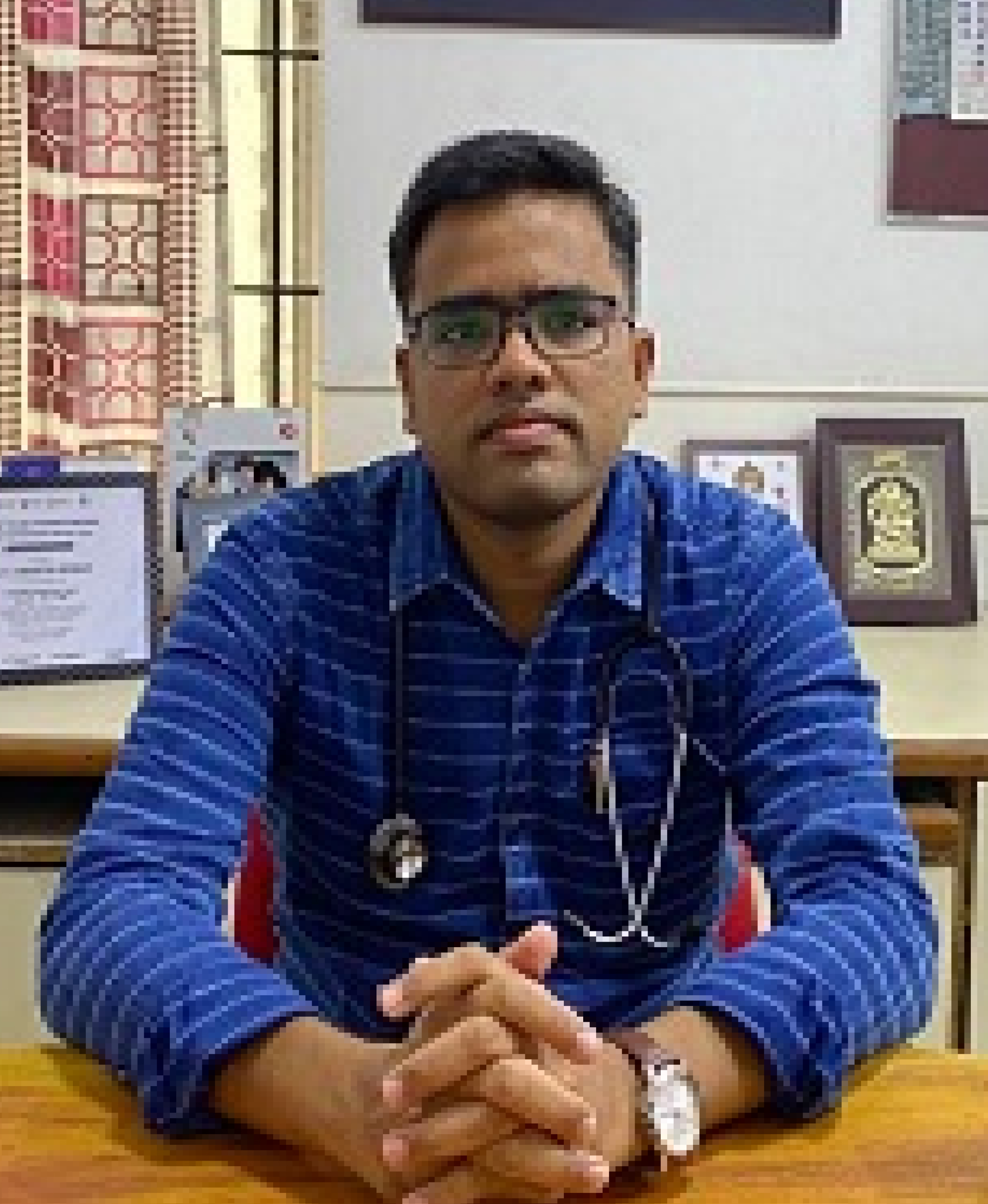Bone Marrow Transplant
Lotus’s Advanced Bone Marrow Transplant Centre
What is Bone Marrow?
Bone marrow is a fatty tissue found inside your bones which contains stem cells that develop into different types of cells that your body needs. When these stem cells are damaged due to cancer, chemotherapy or any other disease, your body loses the ability to create healthy blood cells. It is in conditions like these that a bone marrow transplant is considered.
What is a Bone Marrow Transplant?
A Bone Marrow Transplant (BMT) is a medical procedure that replaces diseased or damaged bone marrow with healthy blood-forming stem cells.
The process involves taking healthy stem cells from the patient or a donor, filtering them and transfusing them into the patient’s vein through a catheter. The cells will find their way into the bones through the bloodstream and start developing into mature blood cells.
Stem cells can be collected from cells circulating in the blood (peripheral blood stem cells) or through bone marrow harvest or from Umbilical Cord.
What to expect during and after the bone marrow transplant procedure?
The transplant infusion is a painless procedure and doesn’t require anaesthesia. The stem cells are infused into the patient’s body through a catheter that is surgically placed in a vein in the chest area.
The patient will be closely monitored after the transplant and every step would be taken to prevent infections and other complications. Doctors will advise the patient on the medications to take and the diet/lifestyle changes that need to be made.
Regular follow-ups will be required for months to years after the transplant.The patient will have to undergo blood tests to keep track of the blood counts, which are indicative of how effective the transplantation is.

Book an Appointment
What are the possible side effects of bone marrow transplants?
Bone marrow transplants are safer than ever before, but depending on various factors, like the type of transplant, pre-existing conditions, age and overall health of the patient, complications may arise.
- Infections
- Anaemia and Thrombocytopenia (low count of platelets)
- Gastrointestinal irritation, Throat Pain
- Fluid overload
- Respiratory distress
- Organ damage
- Graft (transplant) failure
- Graft-versus-host disease (The donor’s immune system reacts against the recipient’s tissue)
- Fertility issues
- Eating disorders
- Fatigue
- Bleeding
With newer methods to improve the effectiveness of the treatment and reduce complications and side effects, the prognosis and long term survival rates of BMT patients are excellent.
The Lotus team has a highly experienced Transplant team, with experts in Oncology, Haematology and Immunology along with other healthcare providers. With many successful BMTs completed, you can rest assured that you can return to your normal routine fast and enjoy good quality of life.

Frequently Asked Questions
Bone marrow transplantation in India is undertaken for people who are currently suffering from any of the below conditions:
- Cancers of the blood, bone-marrow and lymphatic system: This includes Acute lymphocytic leukemia, acute myelogenous leukemia (AML), Chronic lymphocytic leukemia, Hodgkin’s lymphoma, Multiple myeloma and non-Hodgkin’s lymphoma.
- Aplastic anaemia (A condition in which the body stops producing enough new blood cells)
- Immune deficiency disorders
- Thalassemia (the blood contains lower than normal level of oxygen-carrying protein)
- Adrenoleukodystrophy (a condition that damages the myelin sheath which insulates the nerve cells in the brain)
- Amyloidosis (a build-up of amyloid proteins in internal organs such as liver, heart and kidneys
- Aplastic anemia (the body produces inadequate new blood cells)
- Bone marrow failure syndromes
- Hemoglobinopathies (abnormal shape or production of the hemoglobin molecule)
- Inborn errors of metabolism
- Myelodysplastic syndromes
- Neuroblastoma (a type of cancer in the adrenal glands)
- Plasma cell disorders
- POEMS syndrome (a combination of 5 different conditions)
- Sickle cell anemia (changes to the gene which signals production of hemoglobin)
India’s healthcare system has seen rapid strides in the three decades that followed economic liberalization in 1991. Today, India is one of the premium Medical-Tourism destinations in the world. It boasts of world-class hospitals with state-of-the-art infrastructure. Highly qualified, experienced and trained doctors in these hospitals routinely publish papers in top medical journals of the world and are recognized worldwide.
There are some Bone Marrow Transplant (BMT) options in Chennai and Trichy. Prominent among them is Lotus Hospital, one of the leading Hospital chains of India.
What sets Lotus apart is the multi-disciplinary approach backed by strong R&D and pathological capabilities. Lotus has a highly experienced Bone Marrow Transplant team, with subject matter experts in Oncology, Haematology and Immunology, along with other healthcare departments. Having completed many successful BMTs, Lotus team will ensure the patient can return to a normal routine quickly and enjoy a good quality of life, thereafter.
Bone marrow transplant in Chennai or any other city of India comes with its own risks and complications. This does not in any way reflect on the capabilities of the doctors or hospital involved, but has more to do with the procedure itself.
During the procedure
- Fever
- Chills
- Body Pain
- Chest pain
- Hives
Immediately after transplant, as well as short-term
- Hypotension (low BP)
- Headache
- Mouth and throat pain
- Nausea and vomiting
- Infection
- Shortness of breath (dyspnea)
- Bleeding and transfusions
- Interstitial pneumonitis and other lung problems
- Graft-versus-host disease
- Hepatic veno-occlusive disease (VOD)
- Graft failure
After some time
- Cataracts
- Infertility
- New cancers
- Relapse of existing cancer
- Hormonal changes in the pituitary and thyroid glands
- Post-transplant lymphoproliferative disorder
- Organ damage
- Abnormal growth of lymph tissues
- Anemia
- Mucositis
- Early onset of menopause in women
- Death
- However, please note, the risk factors for developing such complications depend on the person’s age, their general health, and the disease which necessitated BMT.

